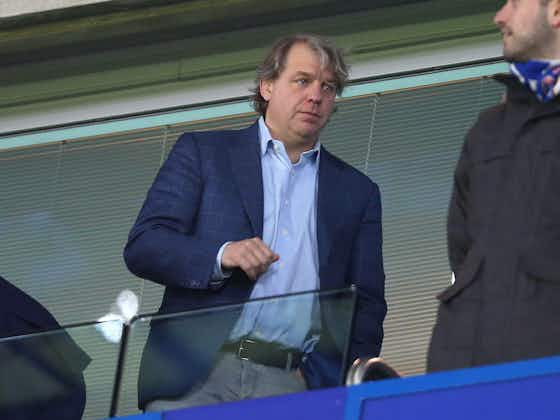EPL Index
·15 de abril de 2025
Chelsea Top Premier League Agent Fee List with £60.4m Spent

EPL Index
·15 de abril de 2025

Chelsea have once again found themselves at the summit of Premier League spending—but this time, it’s not on marquee signings or lavish wages, but agent fees. According to newly released data from the Football Association, Premier League clubs shelled out a combined total of over £409 million to player representatives between 2 February 2024 and 3 February 2025. That figure dwarfs the £63.2 million spent by Championship sides in the same period.
Of all the top-flight clubs, Chelsea led the way with an eye-watering £60.4 million in payments to agents—more than the entire Championship’s tally. While it’s a staggering outlay, it actually reflects a cutback from the £75.1 million the Blues spent the previous year—a saving of £14.7 million.
Chelsea’s £60.4 million is not an isolated blip. The club’s recent history under new ownership has been marked by aggressive recruitment strategies and a willingness to pay premium prices—not just for players but for the middlemen orchestrating the deals.

Photo: IMAGO
The FA’s report contextualises the numbers with a crucial caveat: “Payments included in these figures may have been made in relation to transactions that were entered into before the first date of this reporting period. As a result, the total payment figure per club will not necessarily relate directly to those transactions listed involving a football agent registered in England for the same period.”
While that explanation may soften the perceived extravagance, it does little to quiet questions about sustainability and return on investment. Chelsea’s spending on agent fees alone would fund the annual operating budgets of several Football League clubs combined.
Chelsea may top the list, but they’re not alone in fuelling the agent fee surge. Manchester City are second with £52.1 million spent—reflecting their own extensive business in both first-team and academy signings. Manchester United sit third on the list at £33 million, while Aston Villa (£25.1m) and Newcastle United (£24.4m) complete the top five.
Newly-promoted Ipswich Town were the league’s most modest spenders, parting with only £6.2 million. In stark contrast, their total is barely a tenth of Chelsea’s.
In the Championship, Leeds United defied second-tier status with a colossal £18.8 million spent on agent fees—more than some Premier League clubs. Burnley followed with £5.3 million.
Elsewhere, Huddersfield Town led League One’s figures at £1.2 million, while Fleetwood Town topped League Two with £284,000. These numbers, while dwarfed by the Premier League, show that agent influence stretches deep into the footballing pyramid.
This latest revelation adds fuel to the ongoing debate about the role and regulation of football agents. While representation is a vital part of the modern game, the scale of spending raises concerns about financial management, particularly at a time when some clubs face persistent losses and financial scrutiny.
With UEFA and FIFA continuing to push for more regulation of agent behaviour and compensation, these figures provide another data point suggesting reform is overdue. Yet, until there is wholesale change, clubs like Chelsea will continue to use every financial lever available to maintain competitive edge—even if that includes multi-million pound deals with intermediaries.






























































